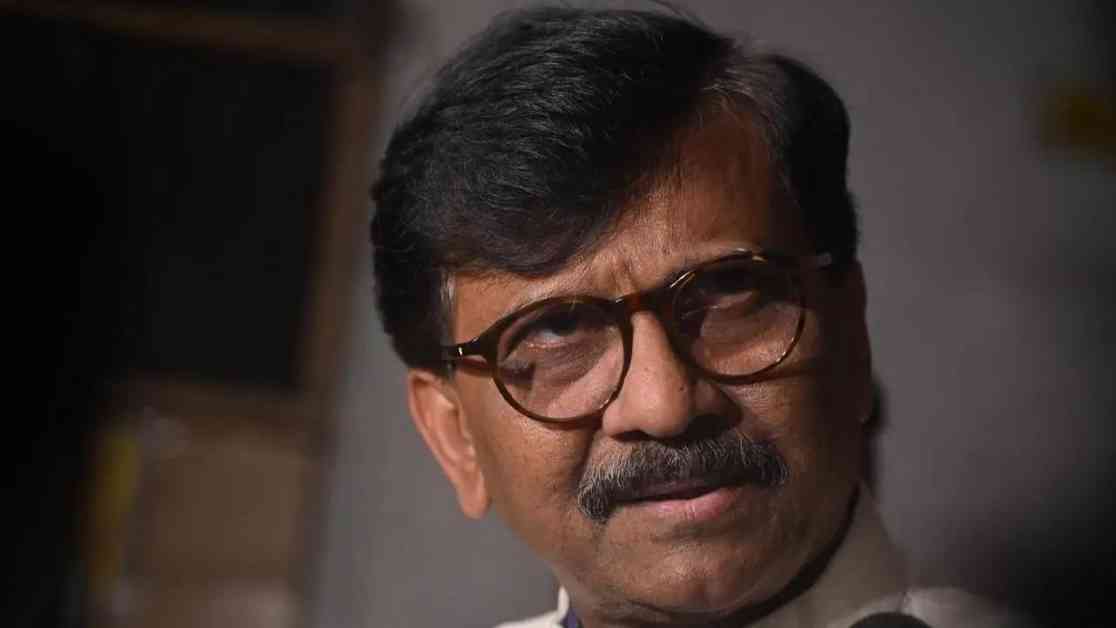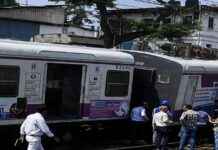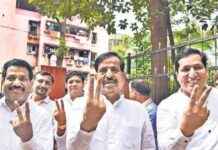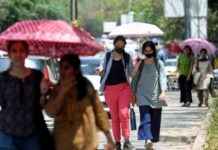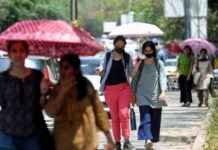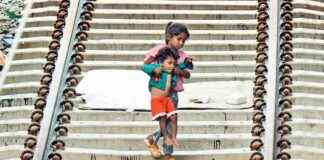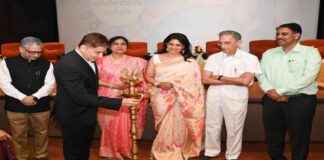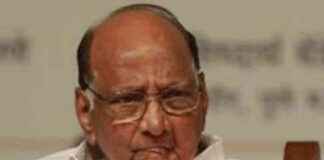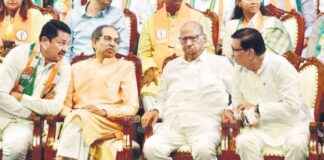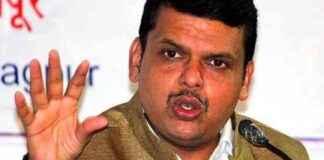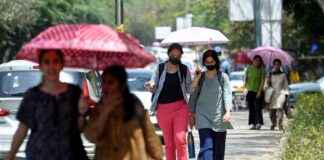In a surprising turn of events, the BJP secured a historic victory in the Delhi assembly elections 2025, marking their return to power in the national capital after 27 years. The Aam Aadmi Party (AAP) faced a significant defeat, prompting Shiv Sena (UBT) MP Sanjay Raut to criticize both AAP and Congress for their lack of collaboration and accountability in alliance politics.
Raut emphasized the importance of cooperation and compromise in alliance politics, suggesting that if AAP and Congress had come together and discussed seat sharing, the outcome of the elections may have been different. He highlighted the need for humility and unity, stating that ego should have no place in alliance politics.
The BJP’s landslide victory saw them secure a two-thirds majority by winning 48 out of 70 seats, while AAP’s tally plummeted to 22 seats from their previous 62. Notable victories included BJP’s Parvesh Verma defeating former Delhi Chief Minister Arvind Kejriwal in the New Delhi seat, and Atishi retaining the Kalkaji seat after a closely contested battle.
Despite hopes for a revival, Congress failed to secure any seats in the national capital. Raut pointed out that the lack of discussions on seat sharing between AAP and Congress was a contributing factor to their losses, underscoring the importance of strategic collaboration in political alliances.
Expert Insights on Alliance Politics
Speaking to reporters, Raut stressed the significance of the INDIA Alliance and the need for open dialogue and cooperation between political parties. He noted that the responsibility of fostering unity and collaboration falls on both parties involved, urging a more proactive approach to alliance politics to avoid fragmentation and defeat.
Raut’s remarks shed light on the complexities of alliance dynamics in the political landscape, emphasizing the delicate balance between individual party interests and the broader goals of coalition partnerships. His call for humility and maturity serves as a reminder of the importance of collective decision-making and strategic planning in the pursuit of electoral success.
Lessons Learned from Delhi Elections
The outcome of the Delhi assembly elections 2025 serves as a poignant reminder of the power dynamics at play in alliance politics and the implications of fragmented strategies on electoral results. The contrasting fortunes of the BJP, AAP, and Congress highlight the need for strategic collaboration and cohesive decision-making to secure victory in competitive political environments.
As political parties reflect on the lessons learned from the election results, the role of humility, compromise, and unity emerges as key principles for effective alliance politics. The narrative of the Delhi elections underscores the importance of collective action and shared responsibility in shaping the future of political alliances and electoral outcomes.
The aftermath of the Delhi assembly elections 2025 offers a valuable opportunity for political parties to reassess their strategic approaches, foster stronger alliances, and prioritize cooperation over individual interests. By heeding the insights shared by Sanjay Raut and embracing a more collaborative and inclusive approach to alliance politics, political parties can navigate the complexities of electoral contests with resilience and unity.
